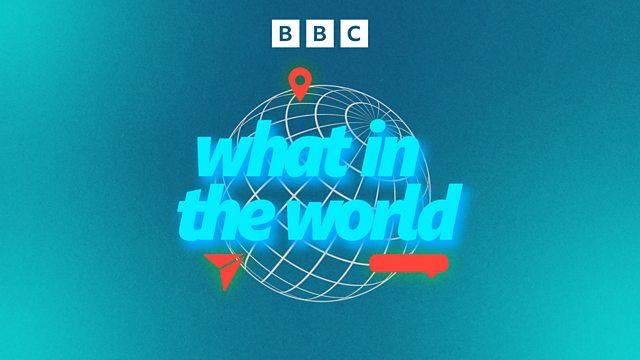Why "biopiracy" was a big talking point at COP 16
There’s a disagreement over who owns traditional knowledge.
COP 16 — the United Nations Biodiversity Conference of the Parties to the UN Convention on Biological Diversity — recently concluded in Colombia. One of the major issues was "biopiracy". That’s when companies take out patents to own the rights to living organisms, like plants — despite the fact many local and indigenous communities may have been using these plants and other biological material for centuries.
91�ȱ� science and climate reporter Georgina Rannard explains the idea of biopiracy and why it’s so high stakes for both businesses and the communities that nurture traditional knowledge. And Nataly Canales, an evolutionary biologist, discusses how the issue of bio-piracy relates to the autonomy of her community — the Amazonian Quechua of Peru.
Instagram: @bbcwhatintheworld
WhatsApp: +44 0330 12 33 22 6
Email: whatintheworld@bbc.co.uk
Presenter: William Lee Adams
Producers: Benita Barden
Editor: Verity Wilde
Last on
Broadcasts
- Mon 4 Nov 2024 18:50GMT91�ȱ� World Service News Internet
- Tue 5 Nov 2024 03:50GMT91�ȱ� World Service East and Southern Africa, South Asia, West and Central Africa & East Asia only
Podcast
-
![]()
What in the World
Helping you make sense of what’s happening in your world.


